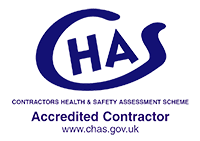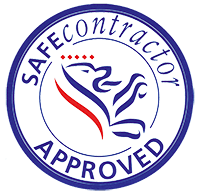From 19th July 2021, most covid regulations, including the wearing of masks and social distancing, are no longer required. Having reviewed our working practices, we have committed to continuing with all covid-safe measures with the exception of asking customers to sign the engineers' PDAs on completion of work (which will be sanitised before and after). This is to protect staff and customers and to allow customers to continue to feel safe in their own homes. We will update the site as and when this changes.






